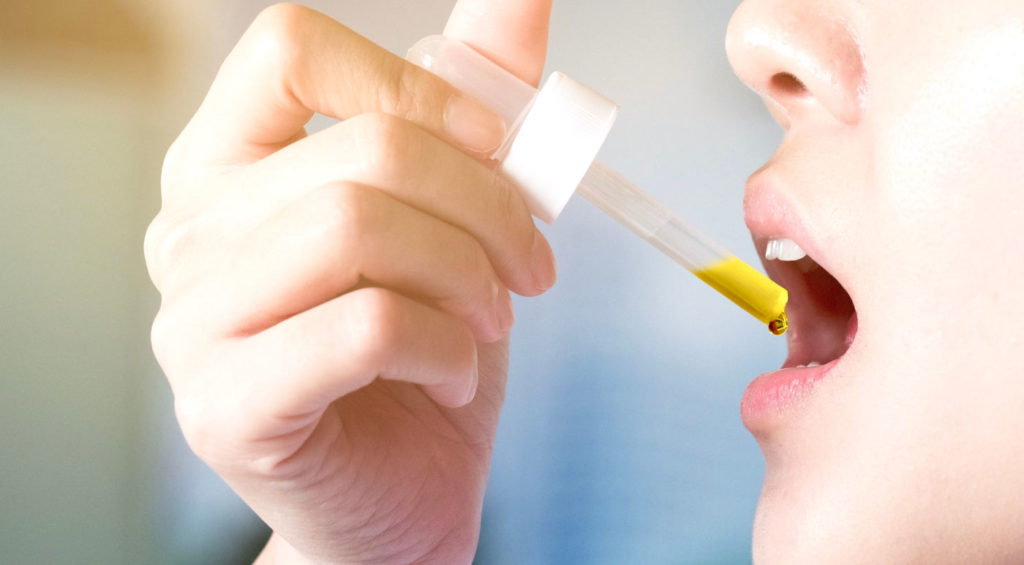
CBD is a natural supplement that is taking the United States by storm. CBD stands for cannabidiol, a component of the industrial hemp plant that interacts with the body’s endocannabinoid system. CBD stimulates this endocannabinoid system, which is a system in our body that modulates pain and inflammation as well as mood, stress, behaviors and more.
Industrial hemp and marijuana are both strains of the cannabis plant, however, the main difference is that the industrial hemp plant has very low levels of THC (tetrahydrocannabinol), the psychoactive compound associated with the plant. It is important to remember that CBD is different from THC (which is found in high levels in the marijuana plant) as it does not have the psychoactive properties. In other words, CBD will not make you high.
Researchers have been studying all the potential benefits of CBD, and people have been using these products to help alleviate the symptoms of some of their health conditions. With so many products and information out there, it can be difficult to know what CBD oil dosage to take. Additionally, understanding how all the different delivery forms can affect what dose you should take can be overwhelming.
If you are curious about how much CBD oil to take, keep reading! In this post, we will discuss all there is to know about CBD oil dosages and explain some key differences in CBD products that can affect the ideal dosage.
Table of Contents
- What Is the Best CBD Oil Dosage?
- How Do I Know When I Am Taking Enough CBD Oil?
- What Can Happen If I Take Too Much CBD Oil?
- Will I Develop a Tolerance to CBD Oil?
What Is the Best CBD Oil Dosage?
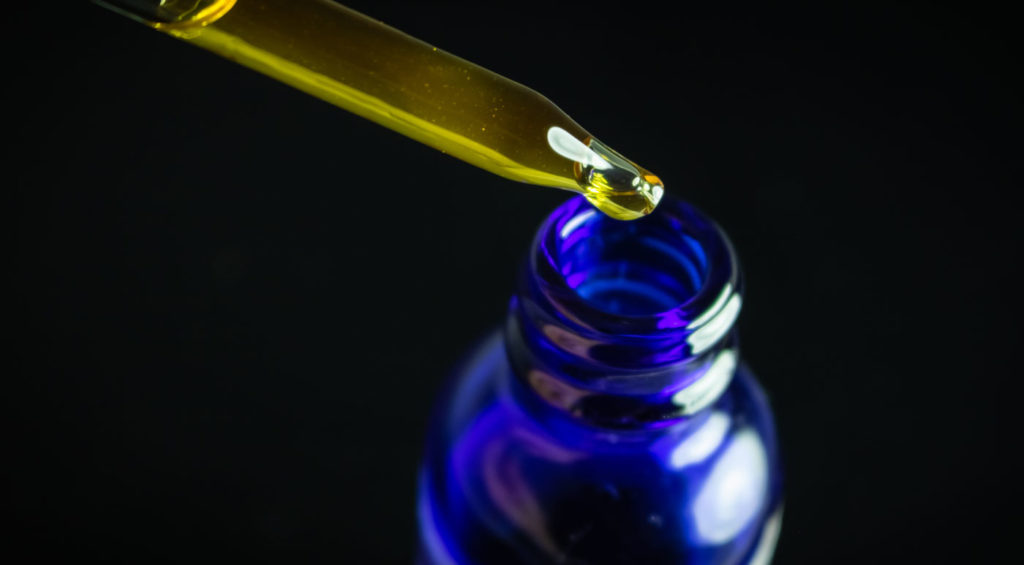
Many factors dictate the ideal CBD oil dosage for each person. Some of these factors include:
- The delivery form
- Your body’s ability to metabolize CBD
- The ailment you wish to address
The first thing to consider is the delivery method. CBD oil is available in many different kinds of products such as:
- Edibles including gummies, tinctures, capsules, and other candies and beverages
- Topicals including salves, lotions, face masks, and bath bombs
- Vape products
Each of these delivery forms enters your system differently and metabolizes at a different rate. Vaporized CBD is inhaled through the lungs. It then enters the blood, where it circulates throughout the body. Therefore, you may feel the effects, such as a sense of calm and relaxation, of vaporized CBD the fastest and most intensely, even at a lower dose.
Edibles such as gummies, which are made with sugar and other ingredients, have to be digested, so users may experience a slower release of the CBD. Plus, if you have eaten anything before the CBD gummy, it will have to digest along with all the other food in your stomach. Eventually, though, the CBD in the gummies will absorb through the digestive tract and enter the bloodstream where it travels to the rest of your body. CBD tinctures and capsules are also absorbed through the digestive tract but do not contain other additives.
Topical CBD is absorbed through the skin only at the site where the product is applied. However, it does not enter the bloodstream in the same way that an edible product and vaporized CBD do.
As you can see, each of these delivery forms enters your system differently. Therefore, you may be able to tolerate higher doses of topical CBD, which does not enter the bloodstream in the same way that edibles and vape products do. Each product should list the CBD concentration per bottle or container as well as how many milligrams per serving. In most cases, doses range from 10 to 50 mg per serving for all forms of CBD.
The second factor to consider is your body’s unique metabolism. Your metabolism, which is the breakdown of food and all substances you are exposed to, involves your liver as well as your body’s tolerance to CBD. Some people can tolerate higher doses of CBD better than others, meaning they do not feel any negative effects at higher doses. Each person is different, so in many cases, it is impossible to predict what the perfect dose of CBD oil is for each person. However, there are recommendations on many products that can serve as rough guidelines.
This brings us to our last factor: the symptoms you are seeking to alleviate. CBD at low doses is stimulating, whereas, at higher doses, it is more sedating. So, if you are trying to relieve anxiety or promote sleep, you may want to take a higher dose (20 to 50 mg on average).
If you are applying the CBD topically for pain, you can likely tolerate a higher dose than you would vaping due to how quickly the latter enters the system. Long story short, there is no perfect dose for every person, for every condition, and with every delivery form.
How Do I Know When I Am Taking Enough CBD Oil?
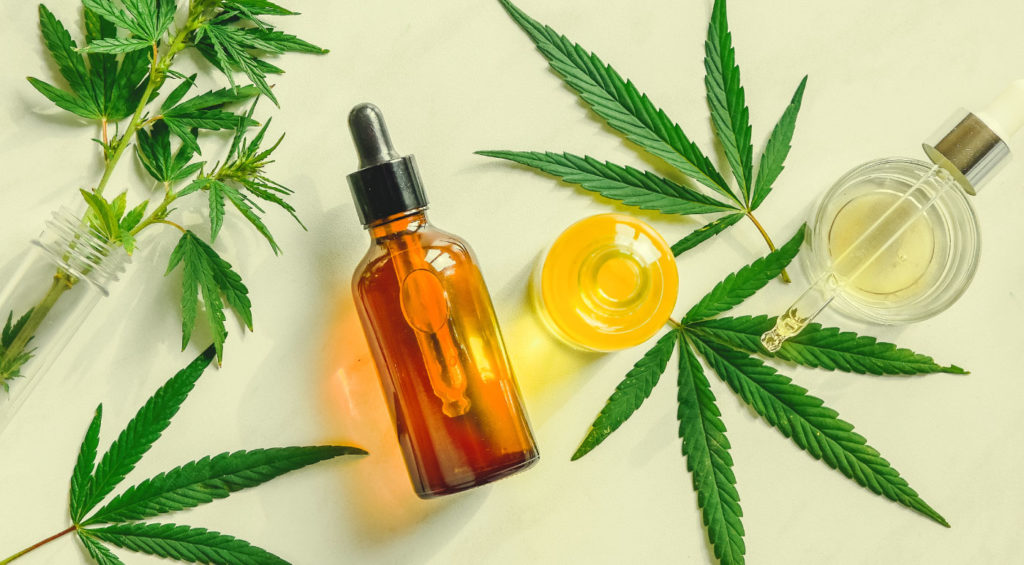
Every person is different when it comes to the right CBD oil dosage. Each CBD product— whether it is a CBD tincture, CBD coffee, bath bomb, or muscle rub—will list the recommended dosage to take. Use this as a guideline. It is best to always start conservatively by using lower doses to avoid taking more than your body needs. Keep in mind, CBD isn’t cheap, so taking the lowest dose possible, but one that still provides relief for your symptoms, is the goal.
Here is a bit of advice on how to know your optimal dose: Listen to your body. Before you take CBD, take a few minutes to do a quick assessment of your symptoms. For example, if you are feeling stressed and anxious, rate your anxiety from one to 10. Pay attention to whether or not you have any physical symptoms associated with your anxiety, such as a knot in your stomach or restless hands. After you take a dose of CBD, check back in after 20 to 30 minutes. How would you rate your symptoms now? Do you need to take a bit more? Are your symptoms quite a bit better? Maybe you can take less next time. This method will give you an idea of what you need for your body.
What Can Happen If I Take Too Much CBD Oil?
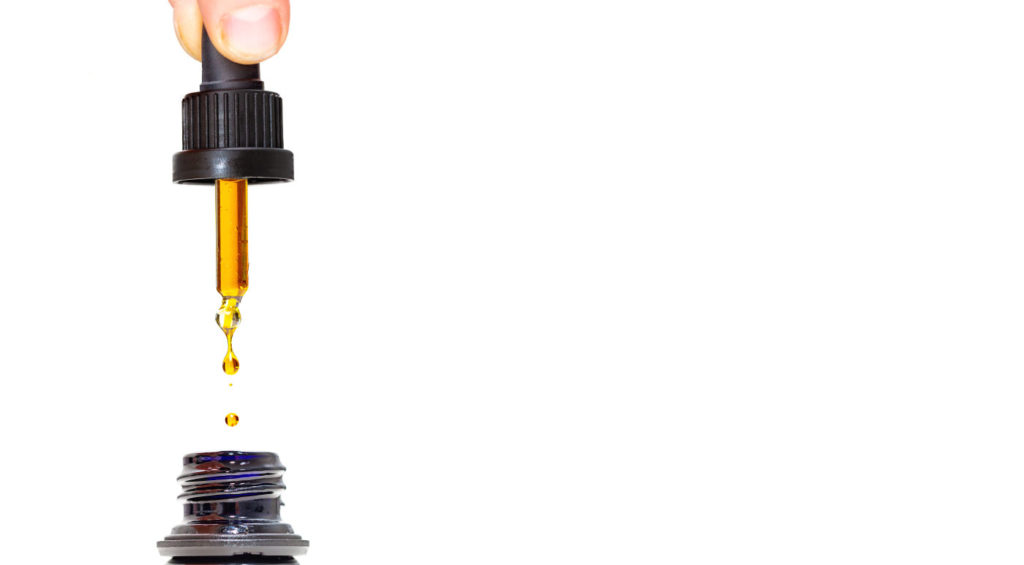
Current research claims that CBD is very safe and that no deaths have ever been reported in association with taking it. However, it is possible to take too much CBD oil and experience some side effects. Research has found that doses up to 1,500 mg per day are tolerated and safe. This is much higher than most people will ever take! Research in this area is continually being updated, but, at this stage, there does not seem to be any cause to worry about taking too much CBD oil.
If you take too much CBD oil, you may feel tired or nauseous, and you may experience diarrhea or a dry mouth. The good news is that these potential side effects are only mild to moderate in severity and are not a threat to your health.
Will I Develop a Tolerance to CBD Oil?
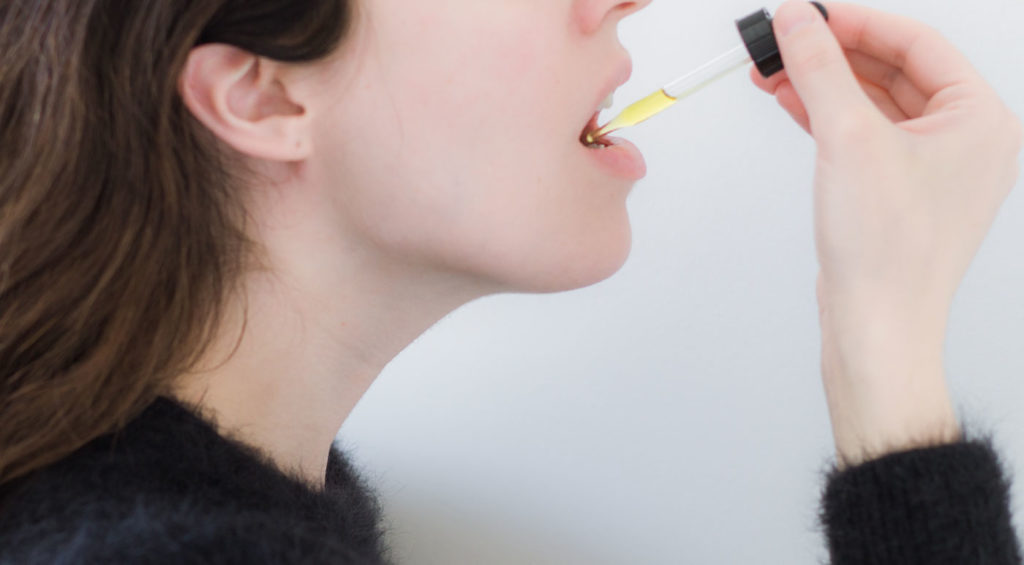
One common concern people have when it comes to CBD is tolerance. When a person develops a tolerance for something, that means the body and brain adjust after being exposed to a substance (a good example is caffeine), so a person may require more and more to achieve the same effect.
With THC, which is the psychoactive component found in marijuana, a tolerance can develop. However, this does not seem to be the case for CBD. Lauren Divido, Ph.D., notes that in contrast to THC, some research suggests that using CBD can potentially result in a “reverse tolerance.”
A reverse tolerance means that when a person takes CBD, their body actually increases its own production of endocannabinoids. Therefore, over time, a person may need less and less CBD to achieve the same result. In a way, it is like jump-starting your body’s own CBD! Keep in mind, the research on this is still in its infancy, and we have a lot more to learn about CBD and tolerance before we will have definitive answers on this subject.
Conclusion
CBD can be helpful in addressing several symptoms. Trying to figure out the right dose to take can leave you feeling puzzled. Although each CBD product usually comes with guidelines on how much CBD oil to take, each person is different in terms of how their body will react to it. It is best to start out on the low end of the recommended dose and always check in with yourself to assess how you are feeling. Listening to your body is the key to finding your optimal CBD oil dosage.
